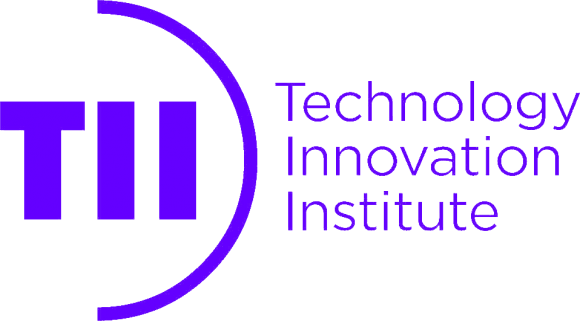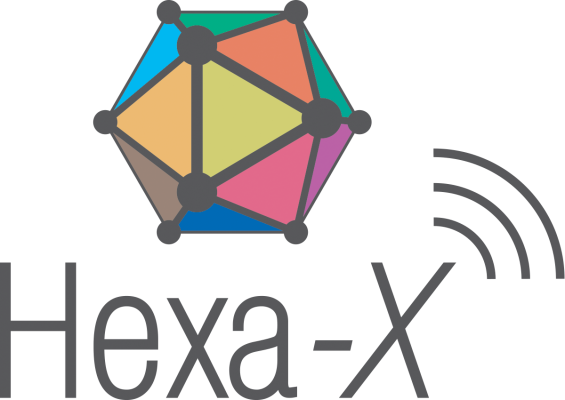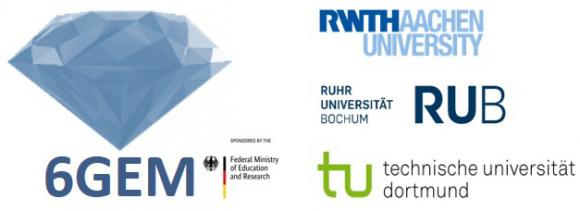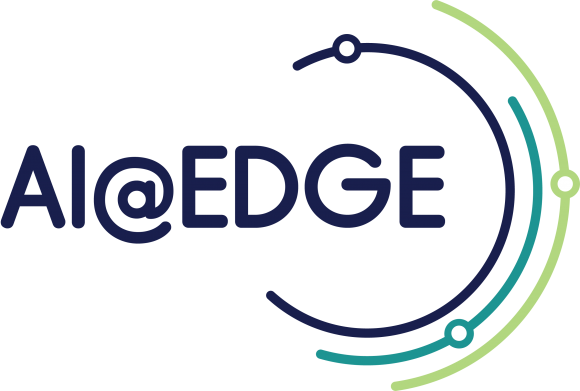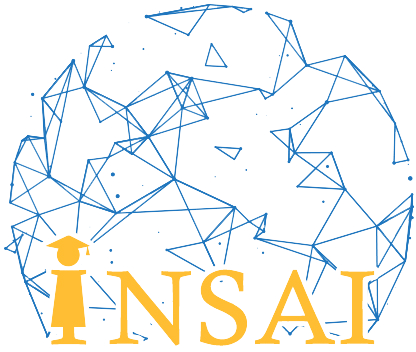SCOPE
To design and deploy artificial intelligence (AI)-enabled sixth-generation (6G) zero-touch automated wireless networks, scalability, trust and explainability of AI algorithms are required. Recent advances in standardization point out fully decentralized AI as the way to deploy large-scale network automation. In ETSI's zero-touch architecture—for instance—each network domain is endowed with a data collection element that feeds a local AI analytics and decision entity. The central entity plays only the role of a coordinator/model aggregator without necessarily having access to the distributed raw data. Nonetheless automatically managing a massive number of network elements by only increasing the processing resources is not a guarantee for scalability since it also increases the complexity of their management, the degree of contention in the system, as well as suffers from the lack of collaboration between the distributed decision entities. A scalable architecture would therefore achieve a trade-off in i) utilization of shared resources to minimize contention but also to avoid complex management of unnecessary resources; ii) information flow by sharing only compressed parameters instead of raw data and iii) degree of collaboration by enabling the exchange of inferences between decentralized analytics/decision engines while avoiding that they fall in competitive or too cooperative situations.
On the other hand, the practical deployment of AI automation in 6G requires establishing a high level of trust and transparency in the AI black boxes. In this regard, explainable AI (XAI) tools and metrics will play a pivotal role in unveiling the rationale behind AI predictions and decisions. From the state-of-the-art gradient-based attribution methods—such as Integrated Gradients, Saliency Maps and ε-LRP—to perturbation-based attribution methods such as Shapley Value sampling, the XAI framework enables a better understanding of the causality in AI models.
TOPICS OF INTEREST
We seek original completed and unpublished work not currently under review by any other journal/ magazine/conference. Topics of interest include, but are not limited to:
- Federated learning for scalable 6G networks.
- Decentralized reinforcement learning for scalable 6G networks.
- XAI for trustworthy AI in 6G networks.
- AI/XAI for Open RAN in 6G Networks.
- Zero-touch network architectures and protocol design for decentralized AI.
- Decentralized AI schemes with low energy consumption.
- Semantic communications for 6G scalability.
- Distributed Data and knowledge distillation for 6G.
- Wireless communications for AI operation.
- Decentralized resource management and network slicing.
- Decentralized AI for low latency applications.
- Decentralized AI for PHY/MAC operation.
- Decentralized AI and Blockchain for 6G.
- Decentralized AI integration in 6G PoCs.
- Production platforms for decentralized and federated learning.
- New business models for XAI.
KEYNOTES (Confirmed)

Prof. Merouane Debbah, Centrale-Supélec, France/TII, UAE

Prof. Marwa Chafii, NYU Abu Dhabi and NYU WIRELESS
CHAIRS
Dr. Hatim Chergui, i2CAT, Spain (Contact: chergui[at]ieee[dot]org)
Dr. Kamel Tourki, Ericsson R&D France
Prof. Mustapha Benjillali, INPT, Morocco
Dr. Bouziane Brik, Bourgogne University, France
Prof. Adlen Ksentini, Eurecom, France
IMPORTANT DATES
Paper Submission Deadline (Extended/Firm): 20 January 2023 3 February 2023
Paper Acceptance Notification: 13 March 2023
Camera Ready and Registration for accepted papers: 22 March 2023
SUBMISSION LINK
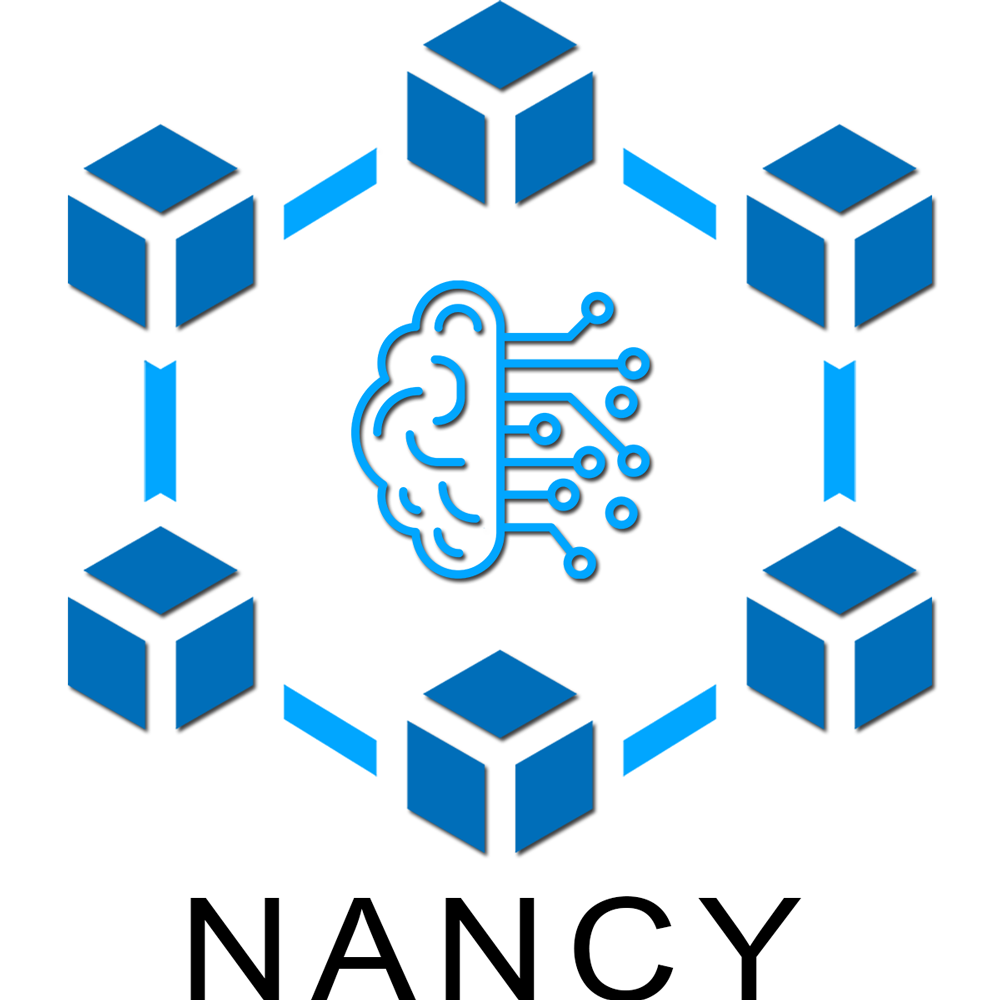
This workshop was supported in part by the Horizon Europe project NANCY under Grant Agreement No. 101096456 (Research and Innovation Action).

This workshop was supported in part by the Spanish Ministry of Economic Affairs and Digital Transformation and the European Union – NextGeneration EU, in the framework of the Recovery Plan, Transformation and Resilience (PRTR) (Call UNICO I+D 5G 2021)







